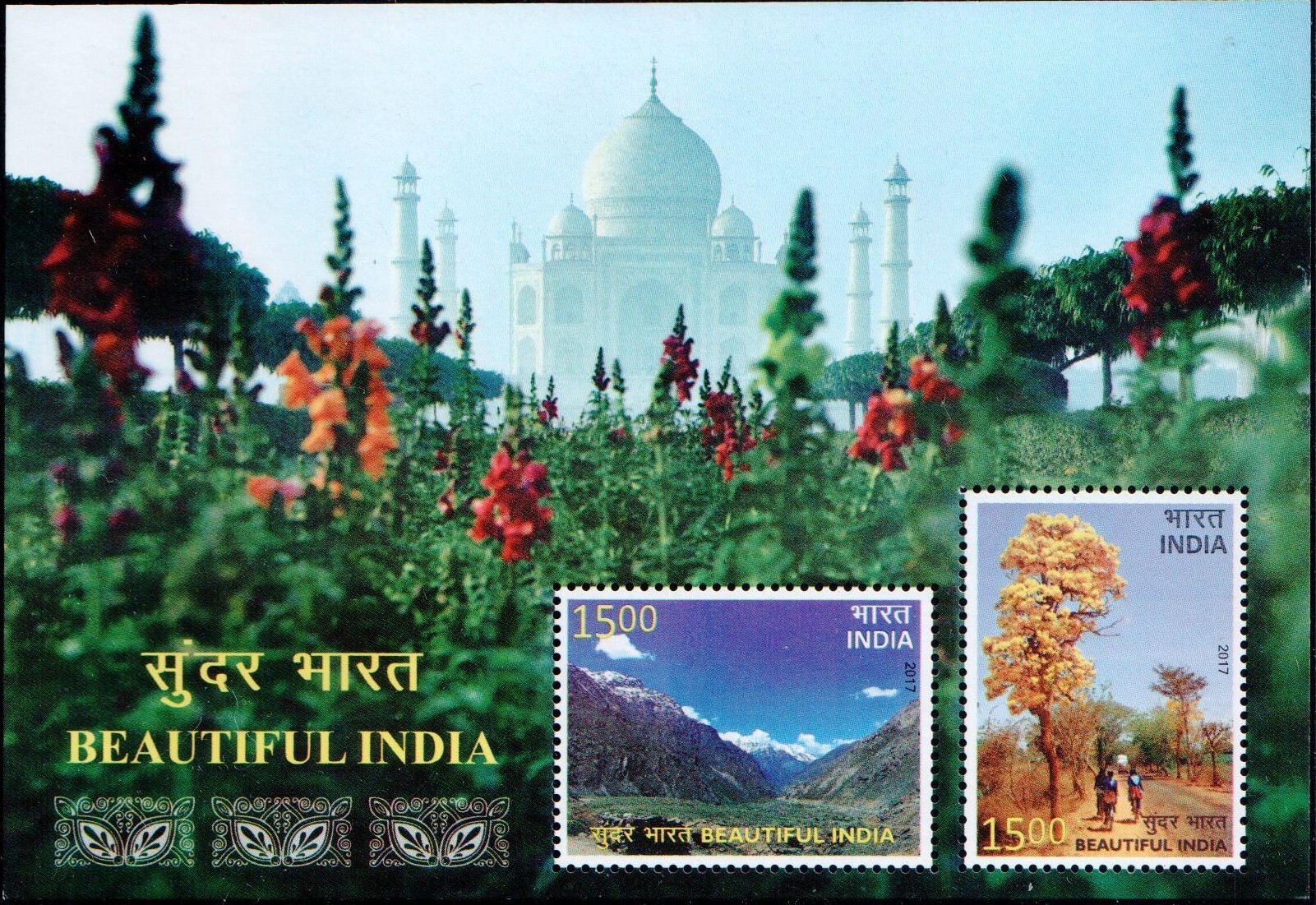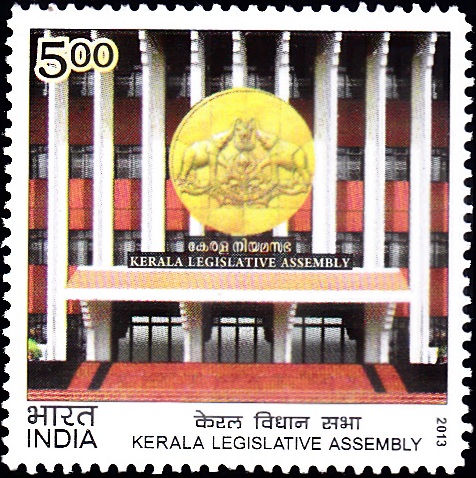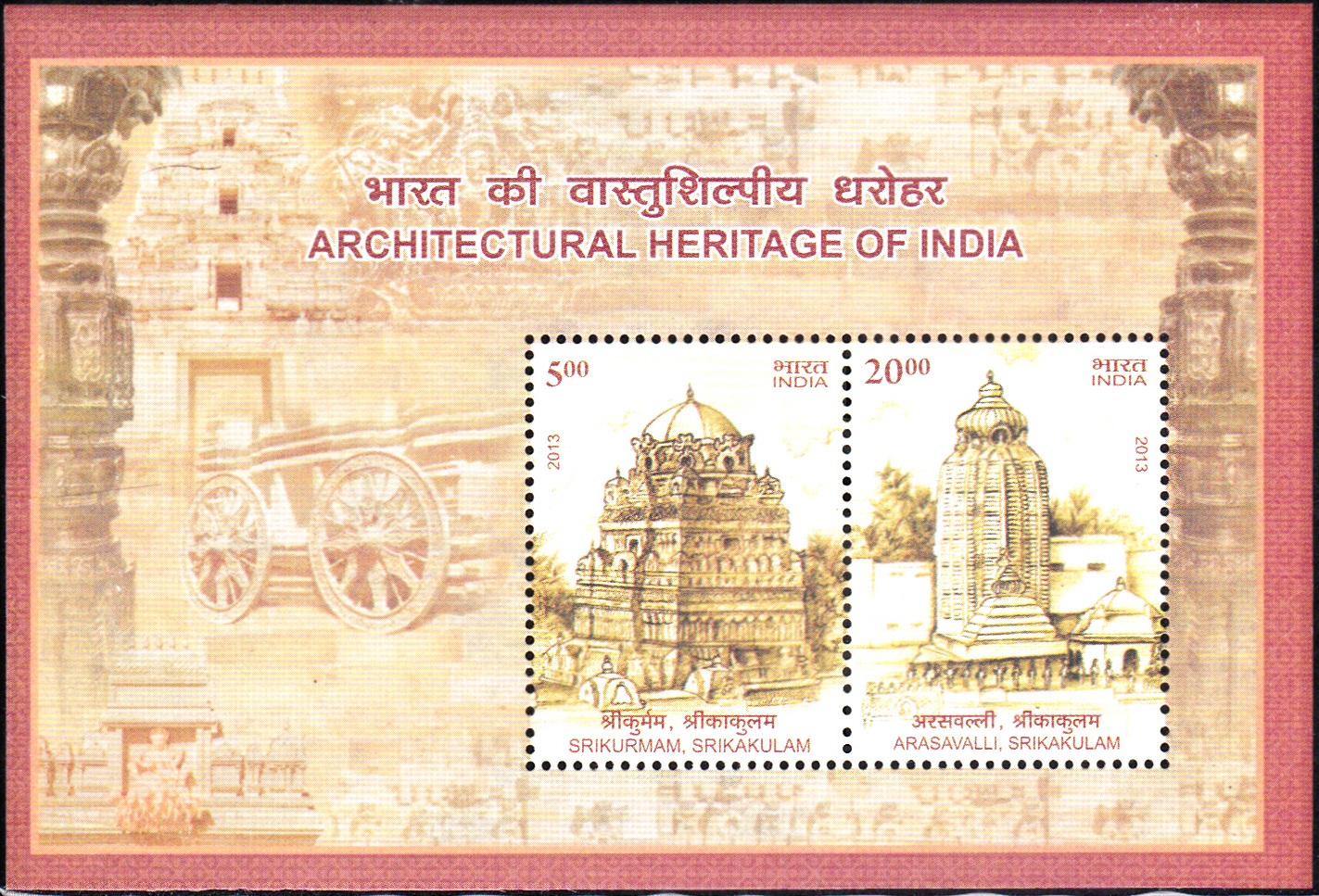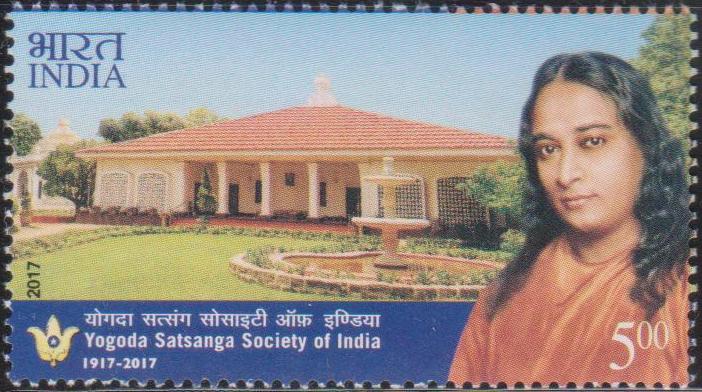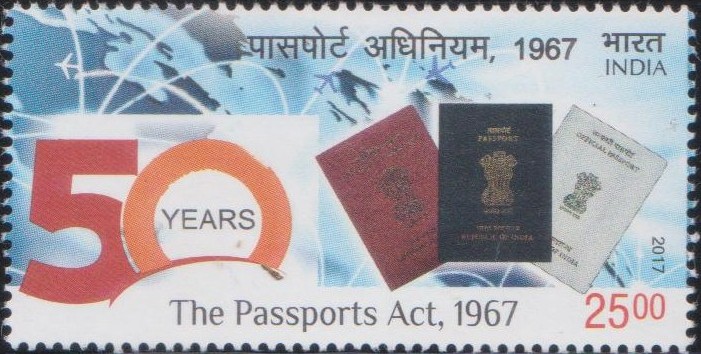
The Passports Act, 1967
A commemorative postage stamp on 50 years of The Passports Act, 1967, an Indian act “for the issue of passports and travel documents, to regulate the departure from India of citizens of India and for other persons and for matters incidental or ancillary thereto” :
 Issued by India
Issued by India
Issued on Jun 22, 2017
Issued for : Department of Posts is pleased to issue a Commemorative Postage Stamp on the occasion of completion of 50 years of The Indian Passports Act, 1967.
Credits :
Stamp/FDC/Brochure : Shri Brahm Prakash
Cancellation Cachet : Smt. Alka Sharma
Type : Stamp, Mint Condition
Colour : Multi Colour
Denomination : 2500 Paise
Stamps Printed : 0.5 million
Printing Process : Wet Offset
Printer : Security Printing Press, Hyderabad
About :
- A passport is about a journey. The image of a blue passport flashes in one’s mind when someone dreams of a voyage to a foreign land. This was not the case in India until the beginning of the 20th century, though our forefathers had travelled far and wide over countries.
- The use of the British Indian passport was discontinued after the independence of India in 1947. At the time of independence in 1947, the number of passports issued was around 25,000 in a year. The passport work, being on the Union List, was allocated to the Ministry of External Affairs. The Passport Control Manual was updated in 1949. The Indian Passports Rules 1950 superseded the Indian Passports Rules 1921.
- 24th June 1967 marked an important milestone in the history of passport issuance of India. It was on this day that the President gave assent to the Passports Act 1967. The Passports Act provided a robust legal framework for the issue of passports and travel documents and regulation of the departure from India of Indian citizens. It also provides for the machinery necessary for the purpose. In this context, the decision of the Supreme Court in Satwant Singh Sahwney vs. the Union of India in 1966 was a path-breaking judgment. Prior to this judgment, a passport was considered primarily as a document issued by the Government in its exercise of its executive powers to conduct foreign relations. The majority decision of the Supreme Court held that the right to travel abroad is a part of a person’s personal liberty of which he could not be deprived except according to procedure established by law. It thus became necessary first to promulgate an Ordinance which was subsequently replaced by the Passports Act 1967.
- In 1978, there were 9 Regional Passport Offices. The Regional Passport Office in Delhi covered, apart from Delhi, the states of Rajasthan and Jammu and Kashmir. By 1990, the number of Passport Offices went up to 22. This increased to 28 at the turn of the new millennium. The total number of passport holders in the country rose to about 1.8 crores. A new fast-track provision called Tatkaal Scheme was introduced to give passports in a time-bound manner against the backdrop of huge delays.
- On the technological front, the computerization of Passport Offices began in the 1990s; Passport Information Services on Net (PISON) was introduced and the personalisation of machine readable passports commenced in 2001 in place of hand-written passports. The Ministry also decentralized the submission of passport applications by way of facilitating acceptance of passport applications through 463 District Passport Cells and 1095 Speed Post Centres across the country. The number of Passport Offices went up from 28 to 37 in a decade by the end of 2009 and has been increased to 38 now.
- The Passport Seva Project (PSP) has been a watershed in the history of passport issuance in India with its successful implementation of the Public Private Partnership (PPP) mode. The entire process of citizen service delivery has been re-engineered, standardised and automated. Services are delivered through a country-wide networked environment – integrating all Passport Issuing Authorities, around 91 Passport Seva Kendras, as well as providing access to a number of external stakeholders viz. Immigration, Police, India Post, India Security Press and Embassies/Consulates abroad.
- In order to extend passport services to our citizens on a larger scale and to ensure wider area coverage, the Ministry of External Affairs and the Department of Posts (DOP) have agreed to utilize the Head Post Offices in the country as Post Office Passport Seva Kendra (POPSK) for delivering passport related services to the citizens of our country. The pilot projects for this joint venture between MEA and DOP were inaugurated on 25 January, 2017 at Mysuru in Karnataka and at Dahod in Gujarat. Applicants, who apply for their passports online through the passport portal, can now schedule an appointment and then visit the designated POPSK to complete the formalities similar to those at the PSK necessary prior to the issue of the passport. It has been decided to set up 235 POPSK in two phases – 86 in Phase-I and 149 in Phase-II. 52 POPSK of Phase-I have been operationalized.
- Text : Based on the material received from proponent.



